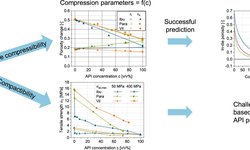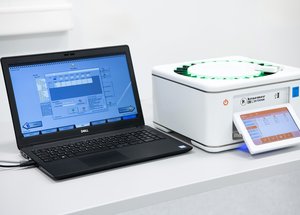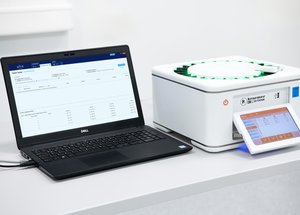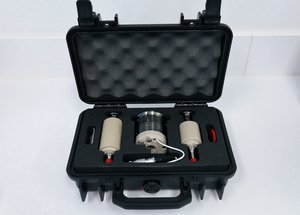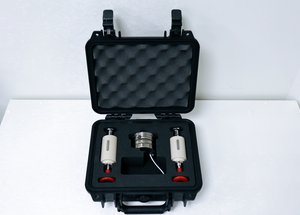Scientific papers
Roller compaction stands out as a widely employed dry granulation method, often linked with a decline in tabletability. This study delves into the impact of roller compaction on a model brittle elastic material, specifically paracetamol. The roller compaction process for paracetamol was conducted under varying roll forces to explore their influence on tablet compaction properties. Resulting from roller compaction, paracetamol granules were generated, characterized by small fragmented crystals. Utilizing a compaction simulator, tablets were produced from both a sieved fraction of roller-compacted paracetamol and non-roller-compacted paracetamol.
Interestingly, tablets derived from roller-compacted granules with higher forces exhibited a higher elastic energy to plastic energy ratio. Despite this, the tensile strength of these tablets was elevated, and they demonstrated a lower capping coefficient. Concurrently, tablets produced using roller-compacted paracetamol granules showcased lower elastic recovery. The prefragmentation during the roller compaction process played a crucial role in reducing the energy required for fragmentation during tablet compaction, thereby increasing the energy available for bond formation.
This study suggests that roller compaction of brittle elastic materials could be a viable strategy to enhance tablet tensile strength while mitigating tablet capping issues.
Comments
No comments posted yet.
Add a comment

